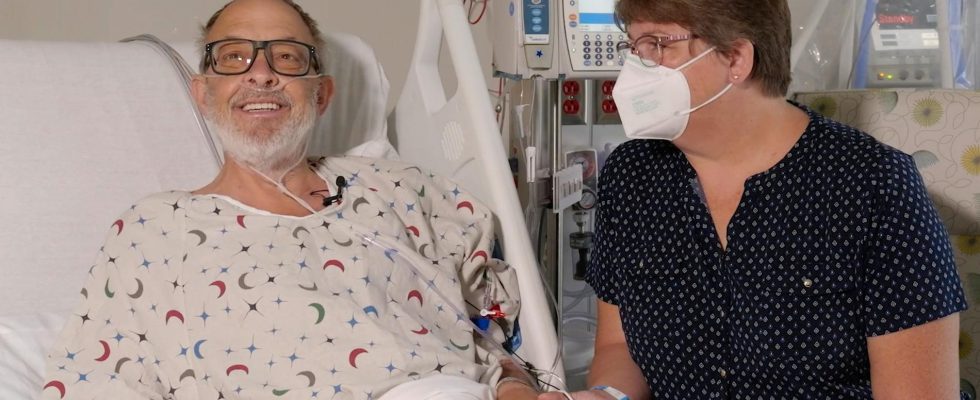Updated 02.17 | Published 02.06
Save the article
The second person in the United States to have a genetically modified pig heart operated on has died, nearly six weeks after the experimental procedure.
On September 20, American Lawrence Faucette, 58, became the second person in the United States to receive a genetically modified pig heart transplant.
The heart appeared to be working and healthy for the first month, but then the body began to show signs of organ rejection, according to doctors at the University of Maryland School of Medicine.
Faucette died on Monday.
Wanted to help others
Lawrence Faucette was deemed not fit to have a human heart operated on because he has cardiovascular disease and has had problems with internal bleeding in the past.
His widow says her husband “knew his time with us was short and that this was his last chance to help others. He never thought he would survive as long as he did,” according to a statement.
Last January, the doctors at the university carried out the first transplant of a genetically modified pig heart.
The first patient, the American David Bennet, aged 57, survived for two months after the procedure. According to the university, there were several reasons why he died after the operation, including that he was in very poor condition before it was done.
Found pig virus
The doctors also learned from the first attempt, after finding traces of a pig virus in the organ, which among other things led to better virus testing.
Attempts at animal-to-human organ transplants—so-called xenotransplants—have failed for decades because of people’s immune systems rejecting the foreign tissue.
The new trials are based on genetically modified organs to make them more receptive to the human body.
Many researchers hope that xenotransplants will one day be able to compensate for the lack of human organ donations.
